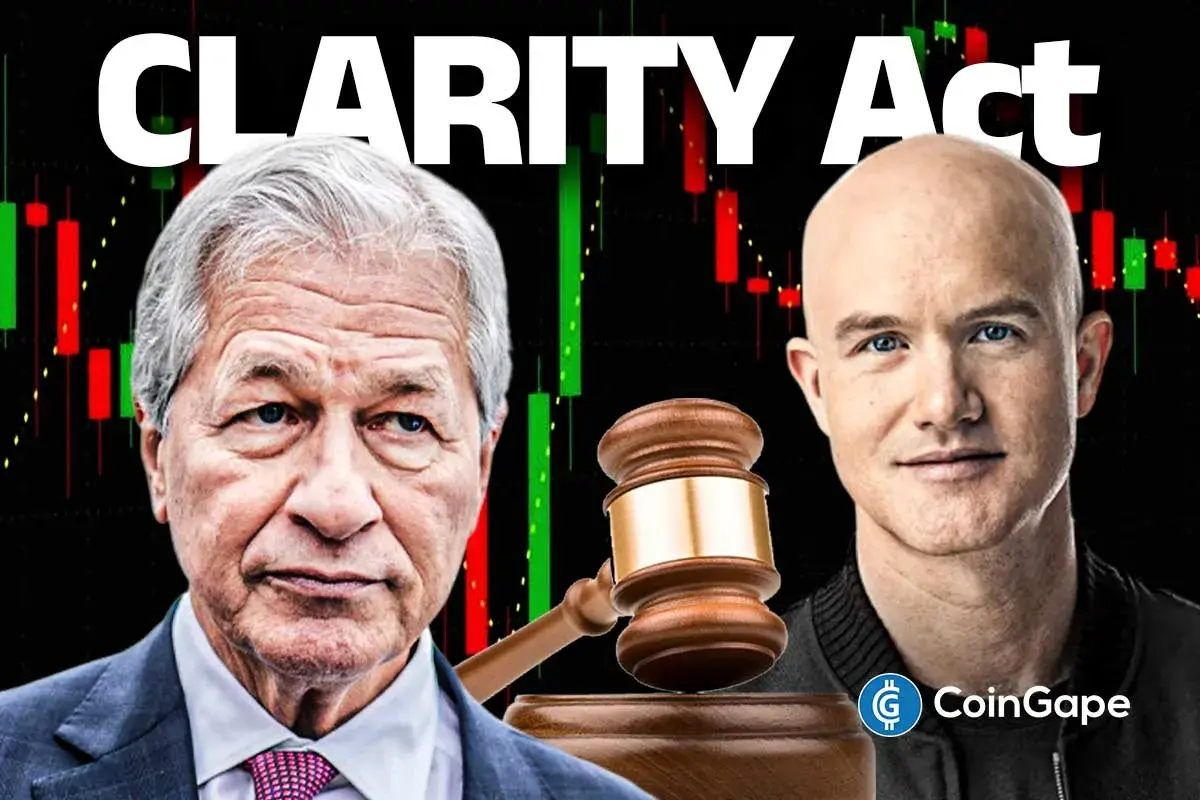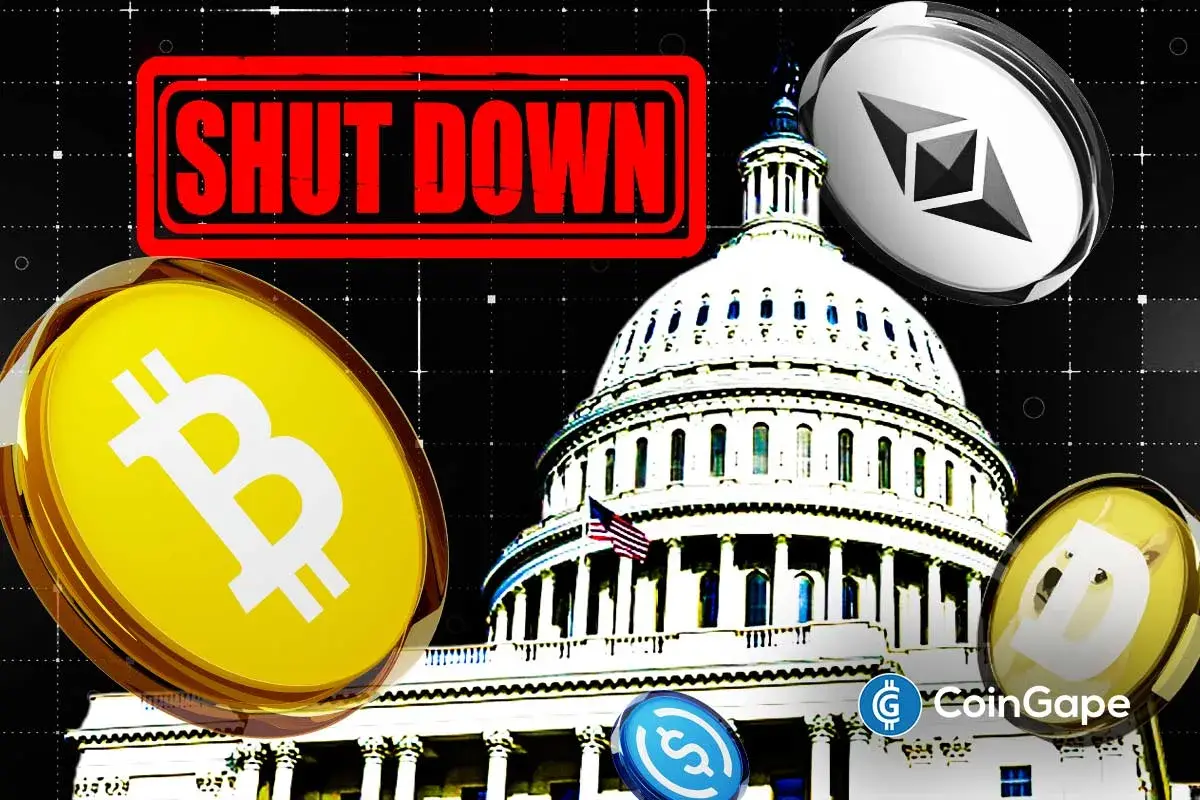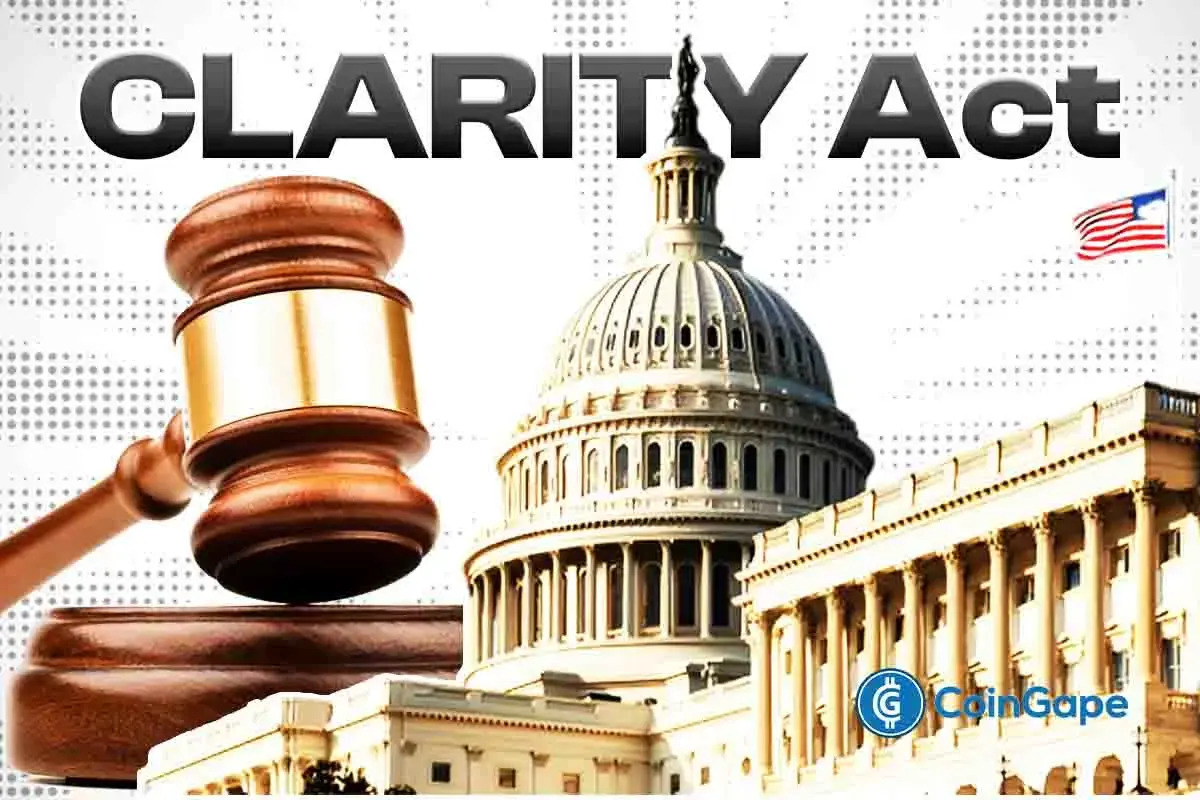FCA Executive Defends Rigorous Crypto Registration Process

Highlights
- The FCA maintains stringent standards for the crypto registration process to ensure only compliant firms access the UK market.
- Out of 300 companies that applied for registration since 2020, only 45 have been authorized.
- A quicker registration process could undermine the quality of screening, potentially leading to increased financial crimes.
Recently, at the TheCityUK conference, Sarah Pritchard, the Executive Director for Markets and International at the Financial Conduct Authority (FCA), highlighted the necessity of setting stringent standards for the crypto registration process. This approach answers the crypto community’s concern about the long process associated with license application submissions of crypto firms in the UK.
In 2020, 300 companies applied for registration, but only 45 have been authorized. This strict due diligence procedure aims to disclose only firms that adopt the best practices of honesty and compliance to access the UK business environment.
Pritchard emphasized that supervisory authorities don’t count just the number of registrations but ensure that these firms are secure for the market. The FCA is concerned that a quicker registration process may lower the quality of screening, leading to weaker compliance standards and allowing firms with questionable practices to continue operating. This might incur financial crimes due to laundering, thus reducing trust and market confidence.
FCA Stands Firm on Crypto Registration Standards
FCA’s crypto registration approach, which is specifically aimed at safeguarding the interests of consumers, presents the pivotal challenge of defining what cryptocurrencies are. The FCA endeavors to maintain a consistent degree of performance by applying tough requirements, and this may prevent other players that can bring havoc to the financial system from entering the stage.
Pritchard argued that any concern, in line with KYC, could put the market in danger of different irregularities, thus showing the necessity of a detailed screening process as the crucial first step in a long-term approach to creating trust in the financial markets.
Consumers have the opportunity to benefit from such measures because they reduce the risk of fraud and make sure that only “financially” solid and ”ethically” operated companies can offer crypto services.
The reasonable inquiry in the case of certain strategies can delay the registration process, which is clear from the industry’s responses. In many cases, it takes more than a year from the moment the FCA receives an application. Nevertheless, consumer perception and the market environment might argue that this delay is a common condition for the integrity of the market and consumer confidence.
FCA, BoE Launch Digital Securities Sandbox Initiative
In comparison to the crypto registration debate, the FCA and the Bank of England (BoE) have also devised a way to mitigate the possible negative effects of strict regulations. The digital securities sandbox (DSS) was recently introduced for financial market players to experiment with how blockchain technology can assist in issuing and trading securities.
The DSS intends to promote novelty while ensuring compliance with the regulating minutes. The sandbox of BoE, outlined in the consultation paper, consists of the framework within which financial firms are allowed to innovate but in a well-controlled way.
Read Also: JPEX Exchange Rugpull Suspects Nabbed In Hong Kong
- Bitcoin Shows Greater Weakness Than Post-LUNA Crash; Is a Crash Below $60K Next?
- XRP Tops BTC, ETH in Institutional Flows As Standard Chartered Lowers 2026 Forecasts
- Bitcoin vs. Gold: Expert Predicts BTC’s Underperformance as Options Traders Price in $20K Gold Target
- CLARITY Act: White House to Hold Another Meeting as Crypto and Banks Stall on Stablecoin Yield Deal
- Bitcoin as ‘Neutral Global Collateral’? Expert Reveals How BTC Price Could Reach $50M
- Dogecoin, Shiba Inu, Pepe Coin Price Predictions As BTC Crashes Below $68k
- Ethereum Price Outlook as Harvard Shifts Focus from Bitcoin to ETH ETF
- HOOD and COIN Stock Price Forecast as Expert Predicts Bitcoin Price Crash to $10k
- XRP Price Prediction Ahead of Supreme Court Trump Tariff Ruling
- Crypto Price Prediction For This Week: Dogecoin, Solana and Cardano
- Bitcoin Price Prediction: How Could Brazil’s Strategic Bitcoin Reserve Proposal Impact BTC?


















